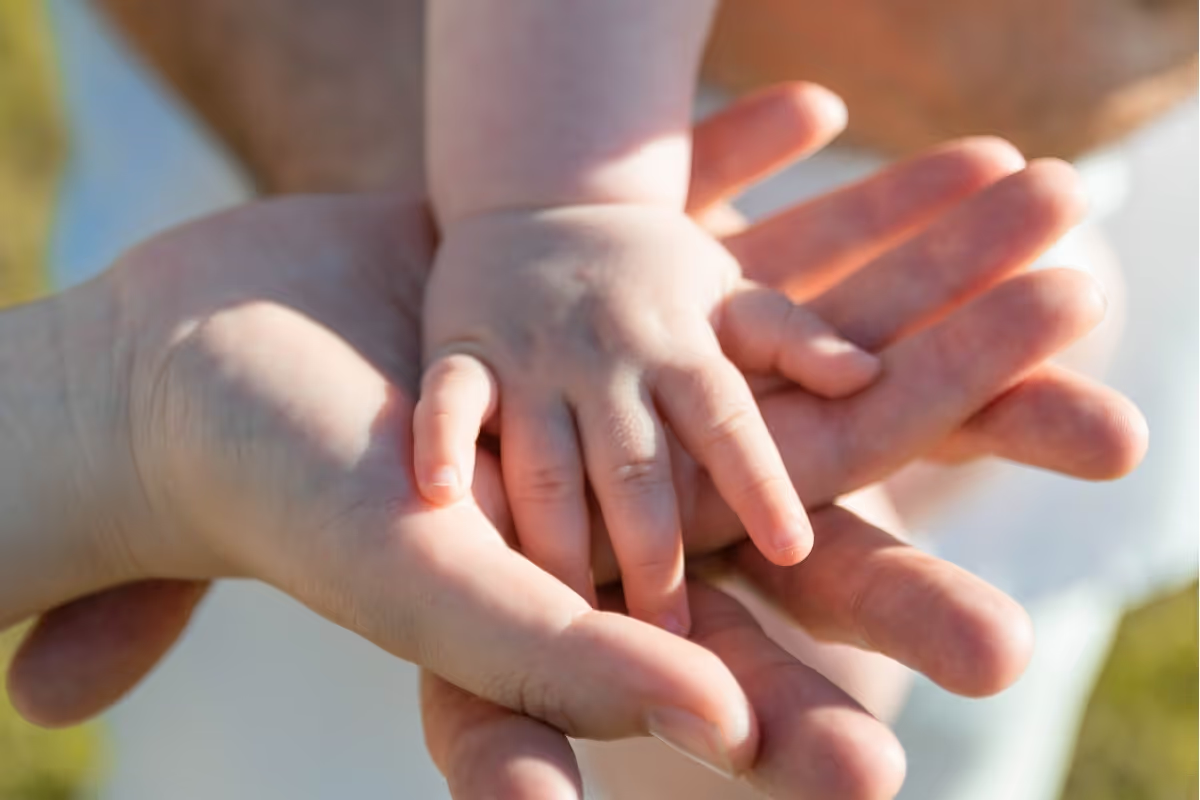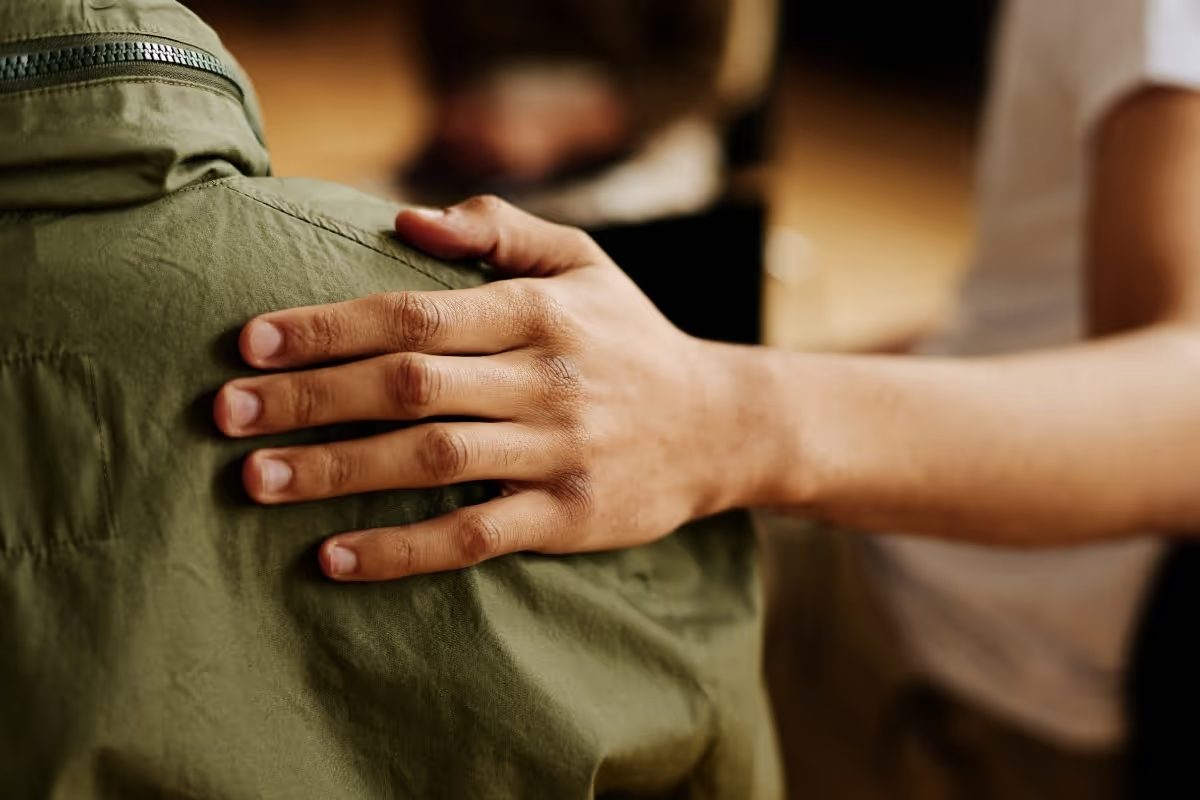About Abuse
Abuse isn't always obvious. It can happen in any type of relationship—family, romantic, caregiver, or even workplace.

Abuse Has Many Forms
Here are a few common types of abuse to keep in mind:
Psychological Abuse
When someone uses threats and causes fear in an individual to gain control.
Emotional Abuse
When someone says or does something to make a person feel stupid or worthless.
Sexual Abuse
When a person is forced to unwillingly take part in sexual activity.
Physical Abuse
When some uses a part of their body or an object to control a person's actions.
Financial Abuse
When someone controls an individual's financial resources without the person's consent or misuses those resources.
Spiritual Abuse
When someone uses an individual's spiritual beliefs to manipulate, dominate or control that person.
Signs of Abuse
Some common signs that someone may be experiencing abuse:
- Seem afraid of their partner or a family member
- Have injuries they can't explain or often say they’re "clumsy"
- Have become quiet, withdrawn, or anxious
- Avoid eye contact or seem nervous when talking
- Cancel plans or stop seeing friends and family
- Often check in or ask for permission to do things
- Don’t have access to money, a phone, or transportation
- Apologize a lot, even when it doesn’t make sense
- Seem depressed, low-energy, or hopeless
- Wear clothes that hide their body, even in warm weather
If any of this sounds familiar, here’s how to get help.

Signs Someone Is Abusive
These behaviours may be warning signs that someone is causing harm in a relationship:
- Blames others for their actions or problems
- Tries to control where someone goes, what they do, or who they see
- Gets jealous or possessive easily
- Yells, insults, or puts others down
- Threatens to hurt people, pets, or themselves to get their way
- Acts kind in public but different in private
- Pressures or forces sexual activity
- Takes away money, transportation, or important documents
- Constantly checks in or demands passwords
- Dismisses concerns or says the abuse “didn’t happen”
If any of this sounds familiar, here’s how to get help.

REAL Talk
It isn’t fancy or complicated, it’s just a moment between two people.
Recognize
Recognizing abuse isn’t black and white, there isn’t a clear list of signs to look for. People experience abuse on a spectrum through many different forms of power and control.
Empathize
Empathizing is important when supporting someone experiencing abuse. When someone confides in or shares an experience with you, check in with your gut feeling and believe that person. Your response will affect how that person seeks help again in the future.
Ask
Ask questions that give you a better sense of the situation and how best to support the person experiencing the abuse. You aren’t the expert, try to build a shared understanding.
Listen
Listening means creating space for someone to define their own experience without judgement. Remember it’s not about you.

Worried About Someone?
For non-emergency support, we're here to help contact us at 587-844-6811 or info@changing-ways.ca.
If you are in an emergency situation and need immediate help, call 911.
For crisis support visit the Helplines section of the Help Book.




